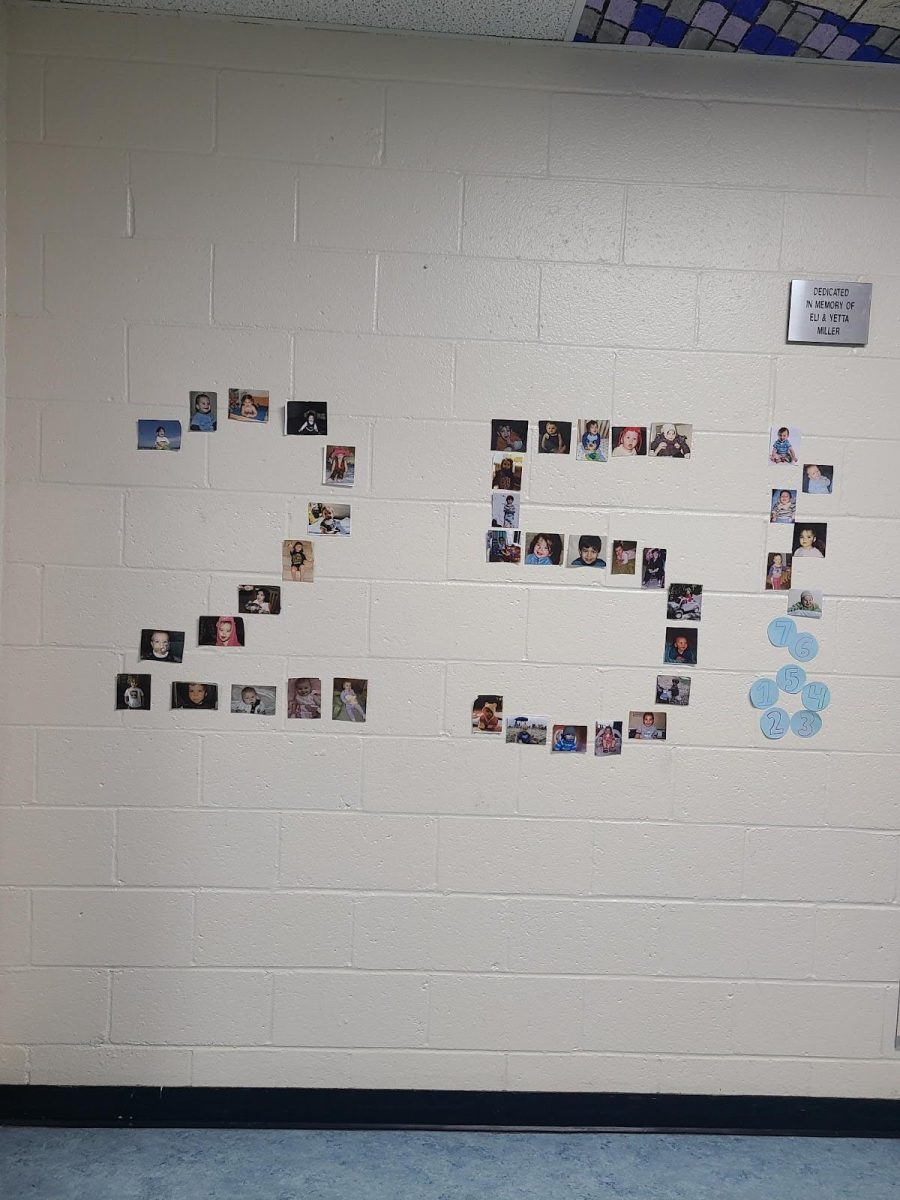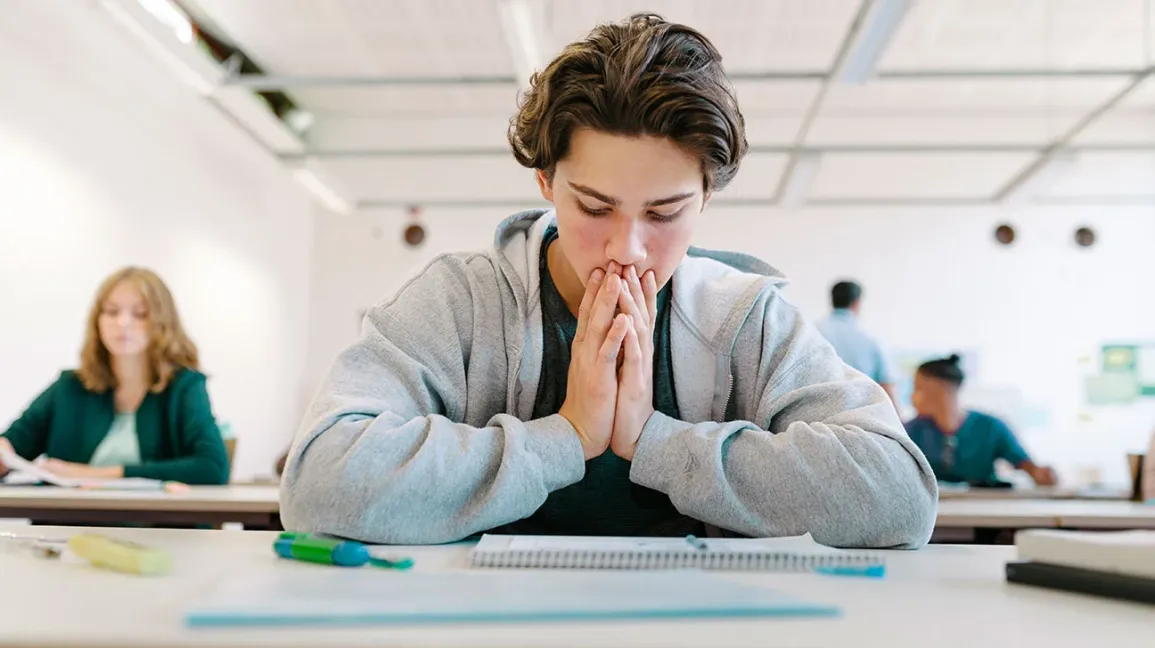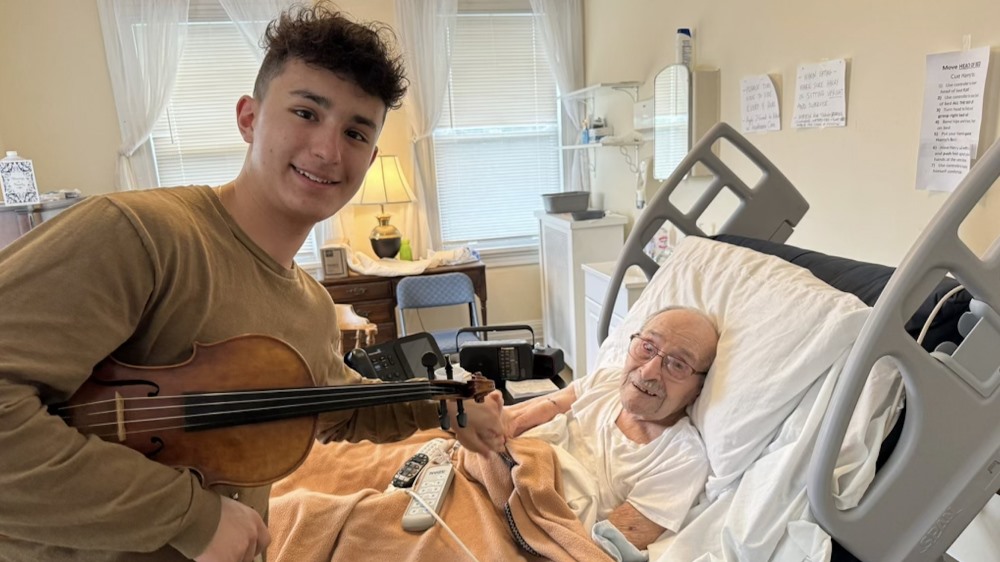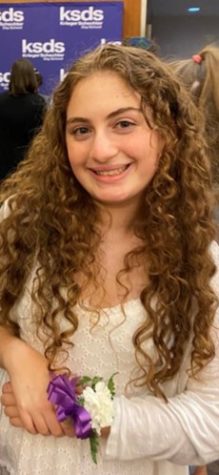Every year, Beth Tfiloh Dahan Community School hosts a mental health awareness week for the high school. The organizers of this event and the heads of the mental health club, Sophia K. ‘24 and Shayna S. ‘24 proclaim that “the goal of this week is for students to know the signs and be able to talk about mental health.” This year, speakers came to teach students about various subjects such as addiction, stress, coping mechanisms, mindfulness, yoga, OCD, neurology, and mind health, starting the process of erasing the stigma surrounding these topics.Another important aspect of mental health week is to take a break from the stress of school and enjoy what you are learning. The organizers made sure to incorporate topics that students would “want to learn about.” Therefore, sessions and speakers were chosen carefully and students were able to pick where they wanted to go. Also, there were multiple time slots students could fill with different speakers.
Sophia and Shayna believe that Mental Health Week would not only educate students on this important topic, but also remind teachers of the day-to-day stress an average high school student suffers, and hopefully keep this in their mind as they give assignments. For teachers, it is important to “take into account… [that]… we have more than one class” so as to not give work that will take all night without time to finish assignments for other classes. This week was also supposed to guide students in distress and make them feel surrounded by a comforting community they can open up to and seek support from.
When asked for useful ways to cope with anxiety, Sophia K. recommends therapy. But, as that’s not always an option for a lot of students, there are other options as well. For example, BT has many counselors and adults that are open for consultation. Mrs. Lerman and Mrs. Sullivan are good resources in the high school to ask for advice or help. For students with anxiety due to normal school stress, the leaders of the mental health club recommend “staying organized” and “making schedules.” Advisors and the school counselors can also help with that. Furthermore, students should never be afraid to ask for an extension from a teacher, and ask for help from an adult or parent.
Finally, Shayna and Sophia believe that mental health organizations and websites can be used as additional resources. For instance, “NAMI is a really big one.” NAMI stands for the National Alliance on Mental Illness. It is a nonprofit providing resources, support, and education for people with mental illnesses. They also have a helpline that is easily accessible for someone in distress. Another good online resource is mental health podcasts, which can offer well-rounded advice that can be helpful for all. As student stresses and anxieties increase as the year progresses, Beth Tfiloh offers countless opportunities and resources to help students cope with these challenging conditions.














